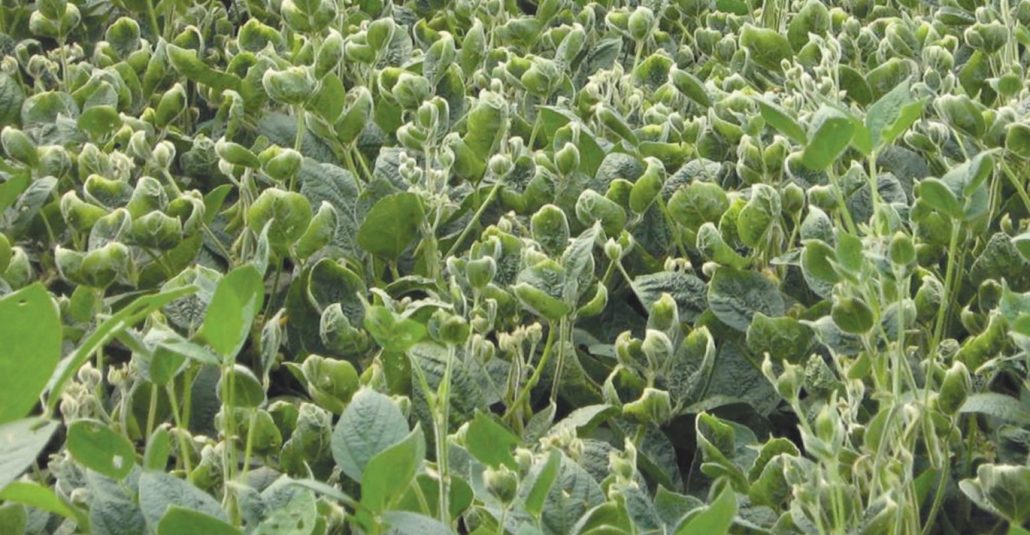The US state of Arkansas has taken another step towards imposing a spring cut-off date in 2018 for spraying of the herbicide, dicamba, in a move intended to address complaints about drift damage to soybeans and other non-target crops.
The Arkansas State Plant Board this week advanced a plan to ban dicamba spraying from April 16th to October 31st, agreeing with a recommendation made last month by a state task force. The public has 30 days to comment on the plan. Arkansas agricultural officials have scheduled a public hearing on the issue for November 8th and then intend to forward the proposed rule to a state legislative committee for final approval.
Proponents say that the ban is warranted because of problems that have emerged this summer with dicamba drift in Arkansas and other US farm states. Sixteen states are investigating more than 2,200 drift complaints and dicamba drift has harmed an array of crops, including an estimated 3.1 million acres (1.3 million ha) of soybeans. The issue has drawn the interest of the US EPA, which is considering label changes and new restrictions for the 2018 growing season.
Arkansas has been hit particularly hard. State officials imposed a temporary ban on dicamba use in early July after fielding hundreds of drift complaints and convened the task force to investigate the problem and make recommendations.
Monsanto has threatened to sue state officials if the ban is imposed, calling the proposal «arbitrary and overbroad». An April cut-off date is «not based on scientific data, much less on any scientific consensus» about why drift problems have emerged, according to the company.
The stakes are high for the agrochemical industry. BASF and DuPont also market new dicamba formulations for use on Monsanto’s genetically modified dicamba-tolerant crops and an April cut-off would be a de-facto ban on the dicamba products.
The companies argue that drift damage was likely caused by farmers using older formulations of dicamba or not following the label directions on the new products, covering weather restrictions and equipment requirements.
But the flood of drift complaints has some farmers, state officials and agricultural researchers concerned that the new formulations may have been approved without adequate testing of their volatility potential. Some critics also worry about the ability of farmers to use the technology without harming non-target crops.
